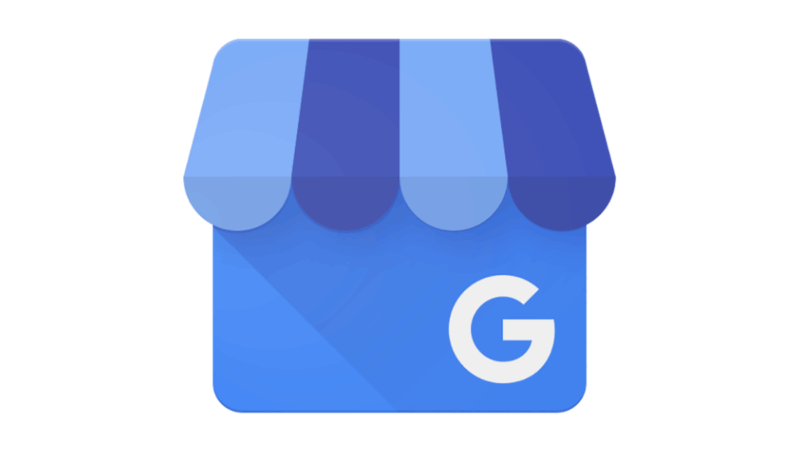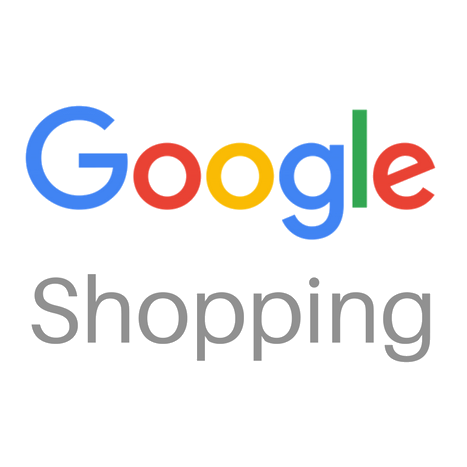I Created An Airbnb For Startups In NYC & Make $3.6M/Year
Hello! Who are you, and what business did you start?
I’m Lucas Seyhun. I’m the founder of one of the earliest New York City coworking spaces, The Farm Soho, established in 2014. Unlike most of our competitors (don’t want to give any names), we adopted the affordable workspace model which became our fuel both before and during the pandemic.
We primarily started focusing on early-stage startups, solopreneurs, or digital nomads to build a place for them to call home, in the heart of New York City, by slashing prices to less than half of what our competitions have been offering.
Now we cater to all these as well as established businesses discovering the agility and cost-effectiveness of flexible office space rental as opposed to conventional long leases; and also to event organizers in need of unique spaces backed up by expert support.
What's your backstory and how did you come up with the idea?
One day as I was sitting in my 2,700-square foot loft without any furniture, I was dreaming about turning the property into an ‘unauthorized’ Airbnb. When I was on the verge of executing, one of my closest friends asked...


























